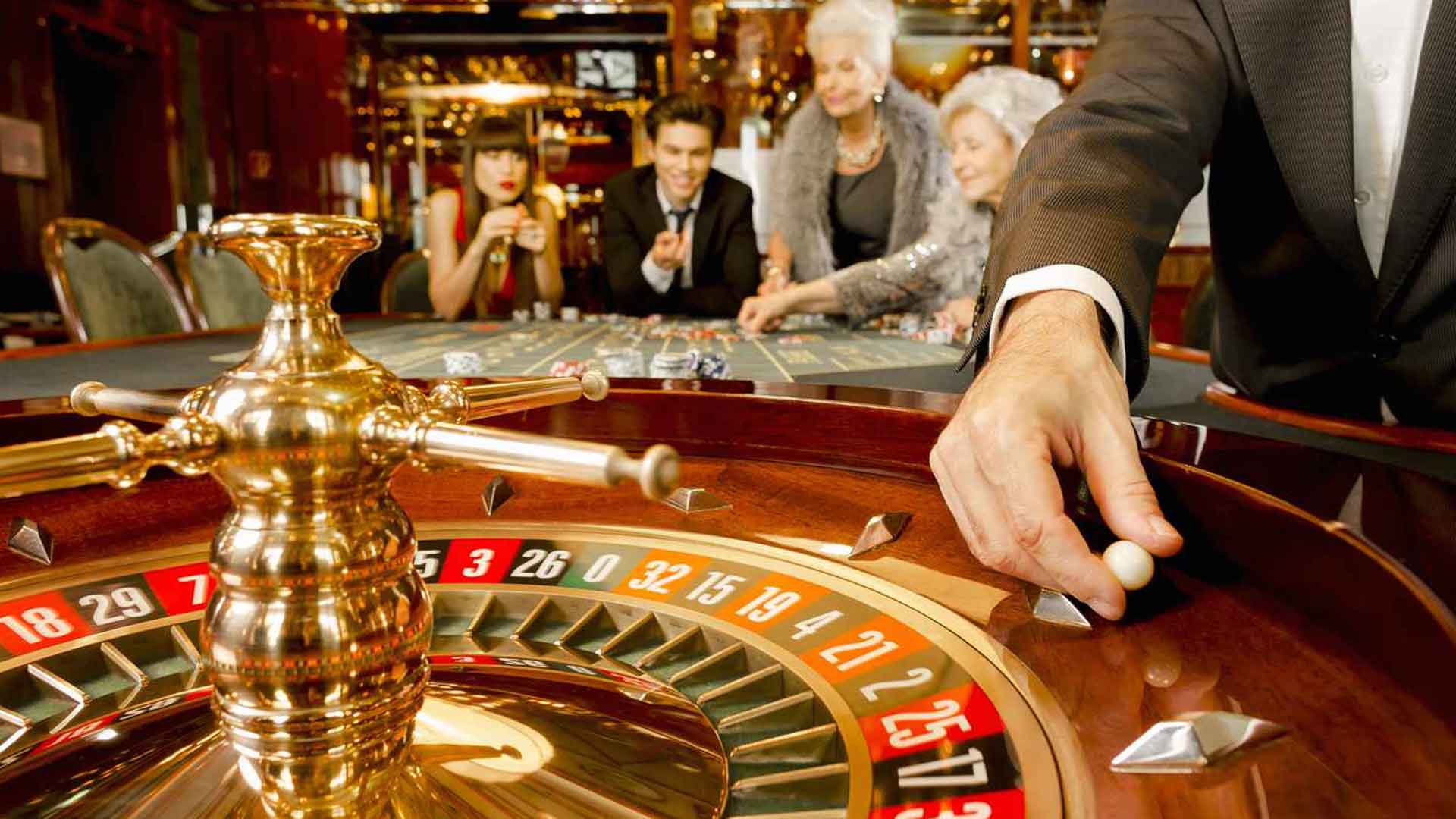Why Dice Games Inspire Superstitions

Why Dice Games Inspire Superstitions
The rattle and roll of dice have echoed through millennia, captivating players across cultures and continents. From ancient board games to modern casinos, the seemingly simple act of throwing a few cubes of numbered ivory or plastic has an almost magical allure. This enduring fascination isn't just about chance; it's deeply intertwined with the human psyche and a fertile ground for the growth of superstitions. But why exactly do dice games inspire such deeply ingrained beliefs and peculiar rituals?
The fundamental nature of dice games is built on randomness. Unlike games of skill where strategy and expertise can significantly influence outcomes, dice introduce an element of pure chance. This unpredictability is both thrilling and unsettling. When faced with situations beyond our direct control, humans tend to seek patterns, causes, and explanations, even where none objectively exist. Superstitions serve as a psychological coping mechanism, offering a sense of agency in the face of the chaotic and unknown.
Consider the very act of rolling. The way a player holds the dice, the force with which they are thrown, the angle of the roll, the surface they land on – all these variables become imbued with significance. A player might believe that cupping the dice in their hands in a particular way will "warm them up" for luck, or that throwing them with a specific flourish will guarantee a favorable outcome. These are not logical actions, but rather attempts to exert influence over a fundamentally random event. The desired result – a seven in craps, a natural 21 in blackjack (though not a dice game, the principle of chance applies), or a specific number in backgammon – becomes the target of these ritualistic behaviors.
The historical context also plays a crucial role. Dice have been used for millennia, not just for games, but also for divination and predicting the future. Ancient cultures often saw the gods or fate manifest in the patterns of the rolled dice. This association with the divine and the mystical has carried through the ages, lending an air of the sacred or the cursed to certain rolls. A streak of bad luck might be attributed to an angry deity or a broken ritual, while a string of good fortune could be seen as a blessing or the result of appeasing unseen forces.
Furthermore, the visual and auditory aspects of dice contribute to their superstitious aura. The clatter of dice hitting the table, the way they tumble and spin, the sudden stop revealing a set of numbers – it’s a dynamic and engaging spectacle. The anticipation built with each roll, the collective holding of breath from onlookers, amplifies the emotional stakes. This heightened emotional state makes players more susceptible to associating specific actions or feelings with particular outcomes. If a player feels a surge of confidence or a particular gut feeling just before a roll that results in a win, they are likely to remember and repeat that feeling or action the next time they play.
The concept of "hot" and "cold" dice is a prime example of this psychological phenomenon. Players often believe that dice themselves can become lucky or unlucky based on past rolls. If a player has been on a winning streak, their dice are considered "hot" and must be handled with extreme care and perhaps repeated rituals. Conversely, if they are on a losing streak, the dice are "cold" and might be passed to another player or subjected to a more aggressive cleansing ritual to break the perceived negative energy. This attribution of agency to inanimate objects is a hallmark of superstitious thinking.
The social aspect of dice games is also a powerful driver of superstition. In a casino or a friendly game, players often observe each other's rituals and adopt them, consciously or unconsciously. A lucky charm that seems to work for one player might be borrowed or emulated by another. This creates a shared belief system within the gaming community, reinforcing the idea that these superstitions have a tangible effect. The collective energy of a table, especially during a high-stakes roll, can create a powerful atmosphere where the irrational feels plausible. For those looking to experience the thrill of these games and perhaps even explore their own superstitious tendencies, a reliable platform is key. You can find a great resource at m88 sport link.
In essence, dice games are a perfect storm for superstitions. They are games of chance, steeped in history, amplified by sensory experiences, and reinforced by social dynamics. The inherent randomness, coupled with our innate desire to find order and control, makes the humble dice a powerful catalyst for belief in the extraordinary. Whether it's a specific way of shaking them, a lucky shirt, or a silent prayer, these superstitions offer players a sense of comfort and agency, transforming a simple game of chance into a rich tapestry of human psychology and enduring belief.
```